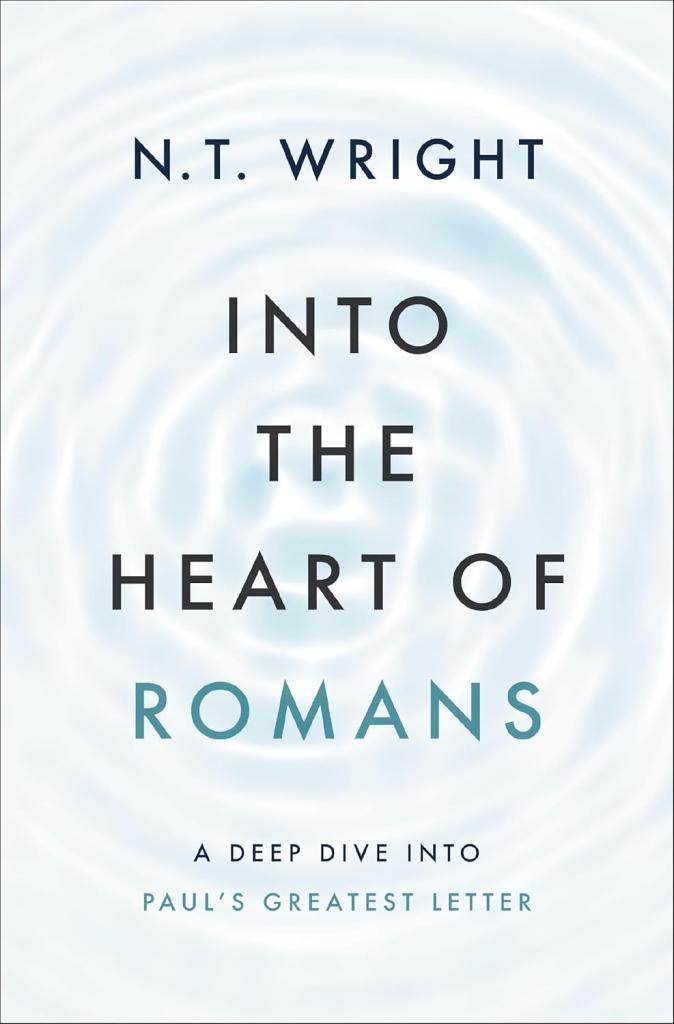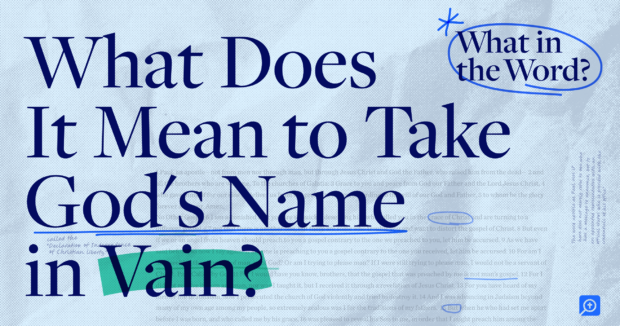Rom. 8. 31-39 should probably be seen as one paragraph, though it could be divided up at vs. 4 as Tom does, but then vs. 4 has to serve as a bridge for both sections of this climactic portion of Rom. 8 so it is better to take them together. It is interesting that at the outset of Tom’s discussion about 8.31ff. he notes that the list of potential threat in vss. 35-38 does not include personal sins, or the accusations of judgments on those sins. This is because the list in vss. 35-38 is about external threats to one being separated from God’s love. Paul is saying that no third party, no angel or demon, no third force, nothing else in all of creation can separate the believer from God’s love. . What is not a part of this list is the believer himself, precisely because it is possible for a believer to commit apostasy. What we have then at the end of this passage is a reassurance to Christians in Rome that under pressure, or persecution, or exile or even accusations and execution that none of these things can separate them from God. And some, like Priscilla and Aquila had indeed been sent into exile by Claudius and returned to Rome after he died.
There is something to Tom’s point about 5.6-11 being a theme brought up here again. That text says: “You see, at just the right time, when we were still powerless, Christ died for the ungodly. 7 Very rarely will anyone die for a righteous person, though for a good person someone might possibly dare to die. 8 But God demonstrates his own love for us in this: While we were still sinners, Christ died for us.
9 Since we have now been justified by his blood, how much more shall we be saved from God’s wrath through him! 10 For if, while we were God’s enemies, we were reconciled to him through the death of his Son, how much more, having been reconciled, shall we be saved through his life! 11 Not only is this so, but we also boast in God through our Lord Jesus Christ, through whom we have now received reconciliation.”
Again the point is to reassure Christians in precarious situations how much God loves them and has already demonstrated this. And as Tom says, each of the major subsections ends with a Christological summary cf. 5.11,5.21,6.11,6.23,7.25a, and 8.39. What is also very notable is the series of rhetorical questions, all implying a negative answer–no power, no person, no third party can separate us from God’s love. Even though some people can oppose Christians and cause them suffering and grief, nevertheless, if God is for a person, no such opposition can finally prevail. The reason no one can condemn the believer is because Christ has already paid the price and pronounced the verdict– no condemnation (Rom. 8.1), and he is beside the Father interceding for the believers,not as if the Father is reluctant to forgive or to love his people, but because Jesus wants to act as our advocate. As. Tom says, Gentiles would be used to thinking that some deity was cursing them when things went wrong for them, which is just the opposite of how Paul sees the Biblical God operating. The assumption that good Christians would not be having a bunch of problems is contrary to the evidence. Some of the greatest Christians lived short painful lives like Blaise Pascal who after years of illness died at 39. As Tom stresses, we should not see the signs of other Christian groups greatly suffering as signs of God’s displeasure or our superior spirituality to but rather as an opportunity to mourn with those who mourn (p. 203).
It’s worthwhile to review the passages that speak of Christ’s love–2 Cor. 5, Gal. 2 , Ephes. 3, 5.2, and 5.25, 2 Thess. 2.13. Tom makes a good point that nowhere in the whole OT do we hear about the Messiah’s love as how he would act when he turned up (p.209). Notice also Phil. 4.13 which is not a superman verse saying ‘I can do all things in him who strengthens me’. Rather I am able to endure all things previously listed including living in want or in plenty, through Him who strengthens me. This verse is about endurance, not about being superman. (p. 217).













 English (US) ·
English (US) ·